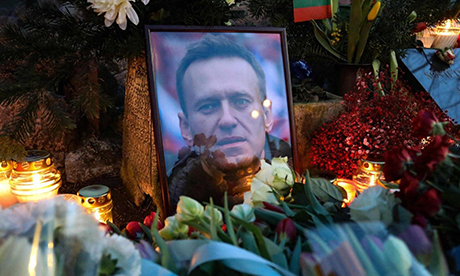Vatican Secretary of State Cardinal Pietro Parolin expressed surprise and sorrow at the news of the death of prominent Russian dissident Alexei Navalny.
“I saw it on the news. What can I say? I am very sorry; I thought the matter could have been resolved differently. Instead, this news surprises us and fills us with sorrow” the cardinal told reporters in Rome.
The sudden death of Navalny has reverberated globally, prompting sorrow and accusations against Russian authorities.
Navalny, known for his opposition to President Vladimir Putin, died at 47 in the Arctic penal colony IK-3, where he was serving a 19-year sentence.
Navalny was one of the most prominent faces of Russian opposition to Mr Putin’s regime. He was serving his sentence in a penal colony in Kharp, about 1,900 km (1,200 miles) north of Moscow.
Western governments called on Russia to “urgently clarify” the circumstances surrounding Navalny’s demise.
International figures, including G7 foreign ministers and Ukrainian President Volodymyr Zelensky, have condemned Navalny’s death and criticised Putin’s regime.
In the immediate aftermath, the Kremlin said the president had been informed.
Mr Putin has not publicly commented since the Russian prison service announced on Friday that Navalny had taken ill and died.
Foul play asserted
Despite requests, Navalny’s mother Lyudmila has not been able to retrieve his body. Reports suggest it won’t be released until a post-mortem examination is completed.
Lyudmila was reportedly told by the prison service he died on Friday after collapsing and falling unconscious during a walk.
Navalny’s team alleges foul play, accusing Russian authorities of orchestrating his death. They claim the Russian authorities are purposely withholding his body so they can “cover traces”.
Russian officials reject assertions of wrongdoing, dismissing them as biased.
The death of Alexei Navalny has sparked protests across Russia, leading to over 400 arrests according to independent Russian human rights monitoring group OVD-Info.
OVD-Info, which reports on freedom of assembly in Russia, said arrests had occurred in 36 cities with the largest numbers in Moscow and St Petersburg.
Sources
Additional reading
News category: World.




